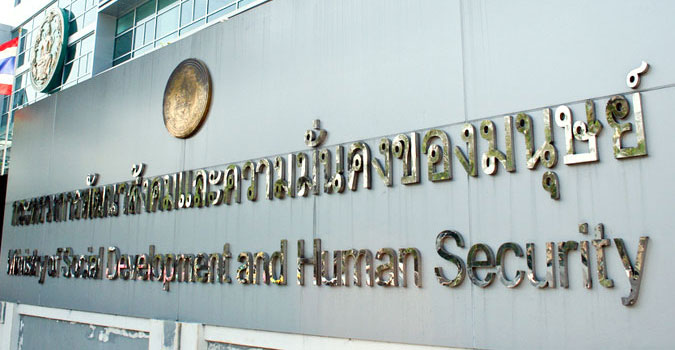National mechanisms

Typically serving as central coordinating units for women’s affairs within national governments, national mechanisms promote the integration of gender equality measures across national policies and programmes. They are vital partners in the process of developing national actions to achieve international agreements on women’s rights, including the Beijing Platform for Action and the Convention on the Elimination of All Forms of Discrimination against Women.
For reference, see the latest Directory of National Mechanisms for Gender Equality.
UN Women, in collaboration with the United Nations regional commissions, and with support from the Government of Italy, implemented a multi-year project to boost knowledge of different types of national mechanisms, and develop capacities for them to collaborate at the national and regional levels.
Five regional studies cover sub-Saharan Africa, Asia and the Pacific, Europe (EU Member States and Candidate Countries and other Developed Economies of the UNECE Region, and South-East and Eastern Europe, Caucasus and Central Asia), Latin America and the Caribbean (study and country tables), and Western Asia. The studies analyse factors that enable and constrain national mechanisms, and make recommendations for addressing challenges. A global study synthesizes regional findings.